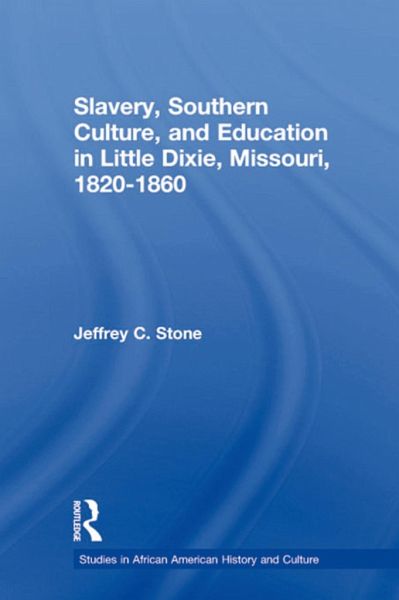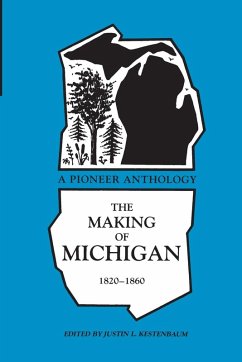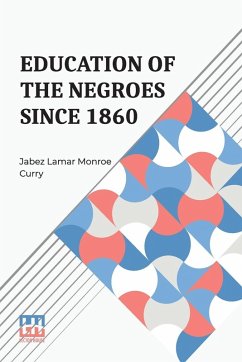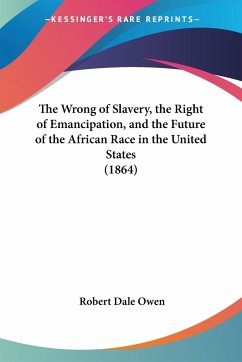
Slavery, Southern Culture, and Education in Little Dixie, Missouri, 1820-1860
Versandkostenfrei!
Versandfertig in 1-2 Wochen
54,99 €
inkl. MwSt.
Weitere Ausgaben:

PAYBACK Punkte
27 °P sammeln!
This dissertation examines the cultural and educational history of central Missouri between 1820 and 1860, and in particular, the issue of master-slave relationships and how they affected education (broadly defined as the transmission of Southern culture). Although Missouri had one of the lowest slave populations during the Antebellum period, Central Missouri - or what became known as Little Dixie - had slave percentages that rivaled many regions and counties of the Deep South. However, slaves and slave owners interacted on a regular basis, which affected cultural transmission in the areas of ...
This dissertation examines the cultural and educational history of central Missouri between 1820 and 1860, and in particular, the issue of master-slave relationships and how they affected education (broadly defined as the transmission of Southern culture). Although Missouri had one of the lowest slave populations during the Antebellum period, Central Missouri - or what became known as Little Dixie - had slave percentages that rivaled many regions and counties of the Deep South. However, slaves and slave owners interacted on a regular basis, which affected cultural transmission in the areas of religion, work, and community. Generally, slave owners in Little Dixie showed a pattern of paternalism in all these areas, but the slaves did not always accept their masters' paternalism, and attempted to forge a life of their own.














